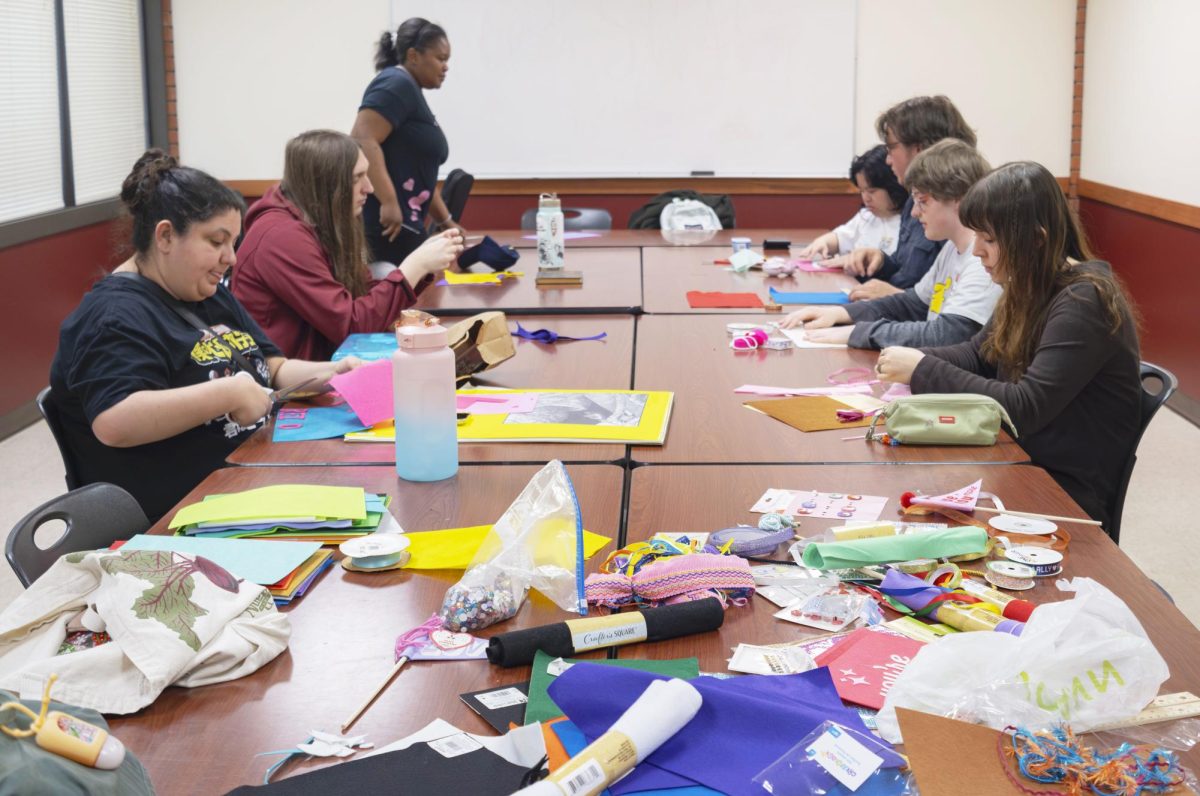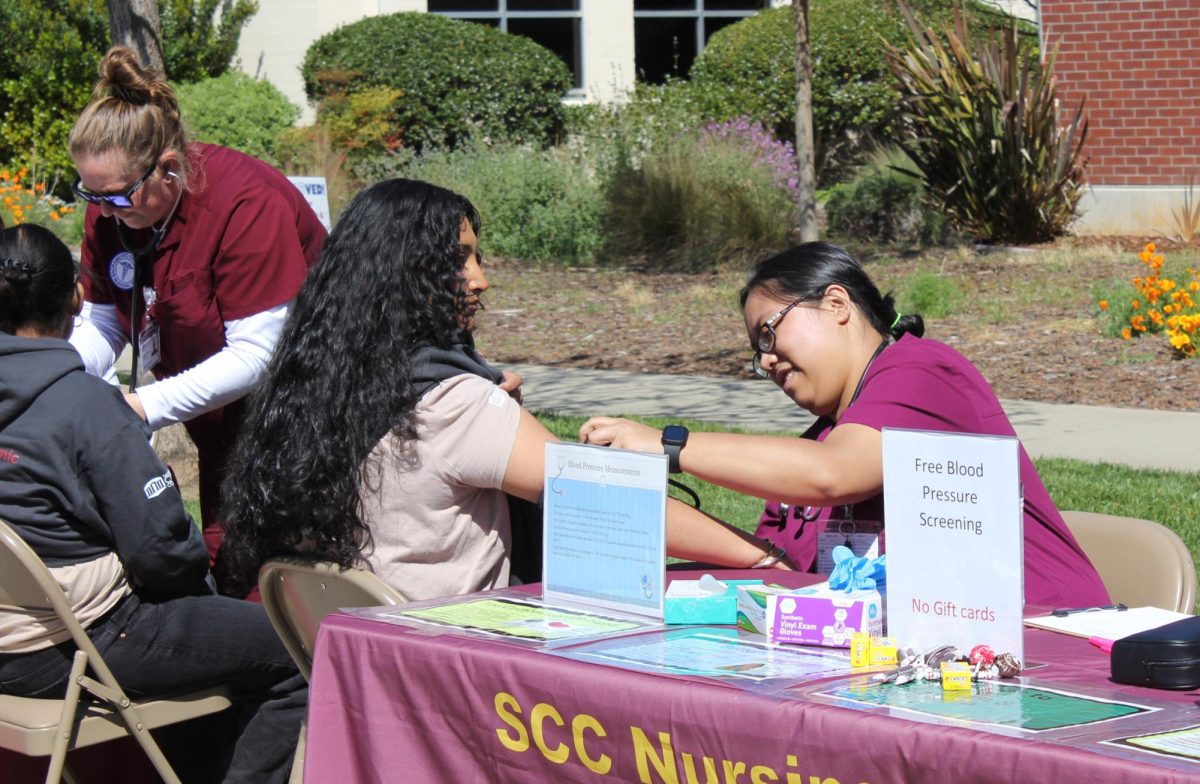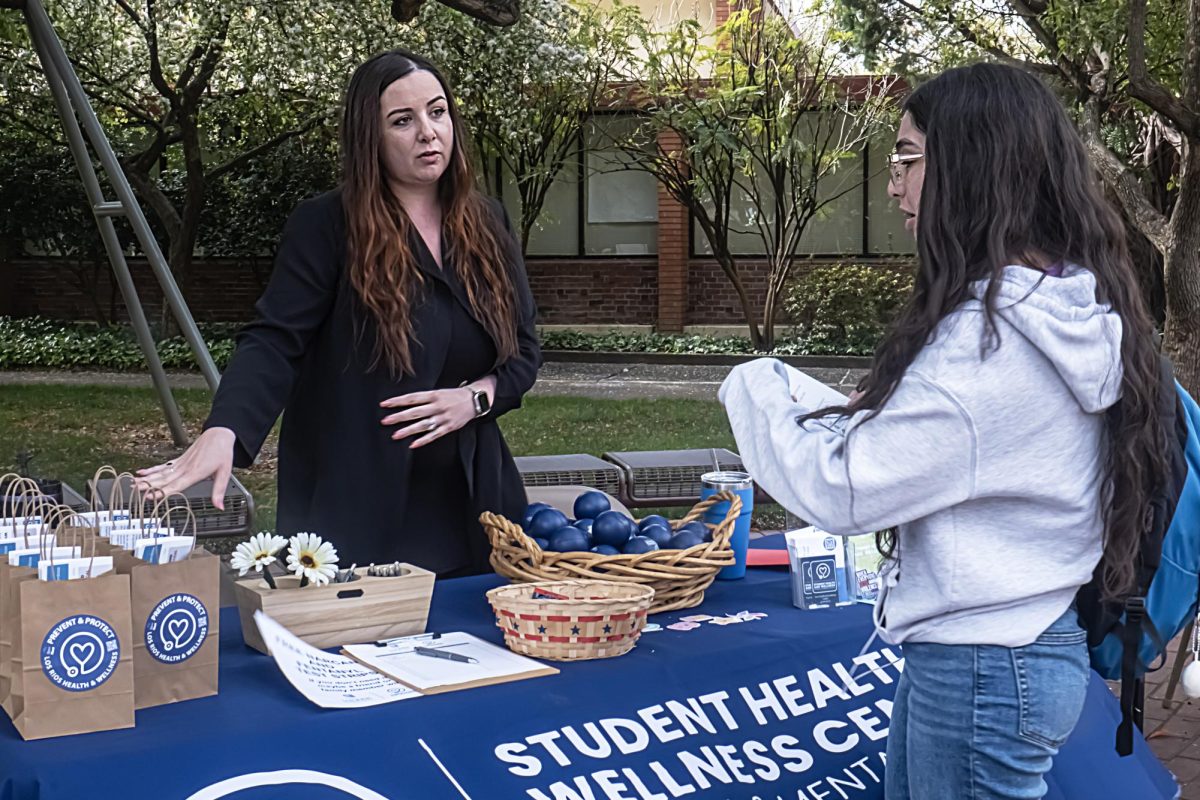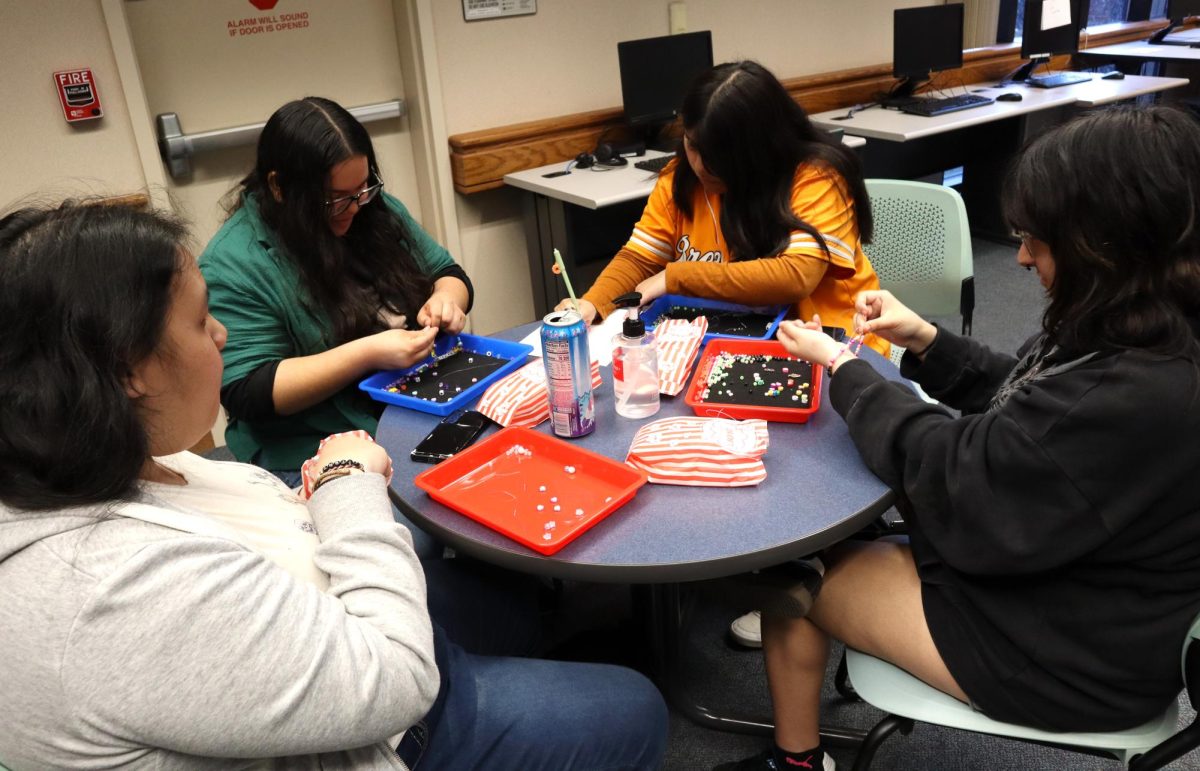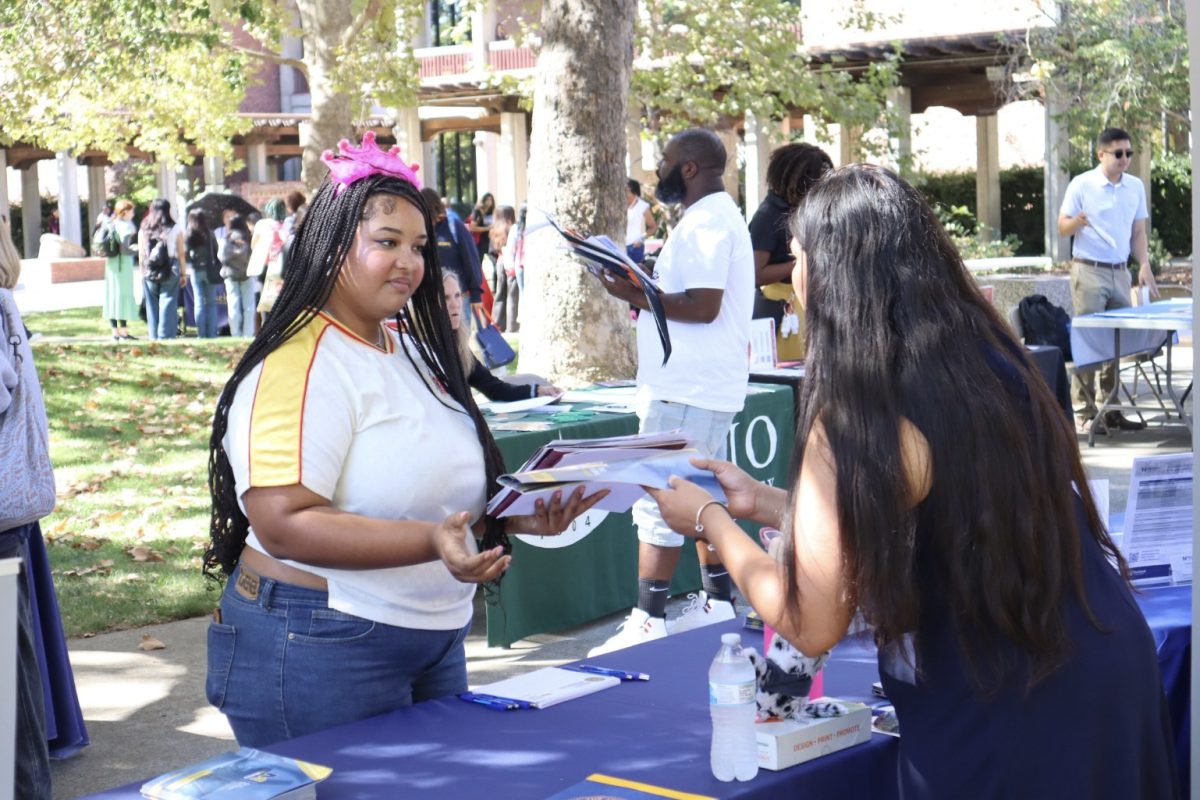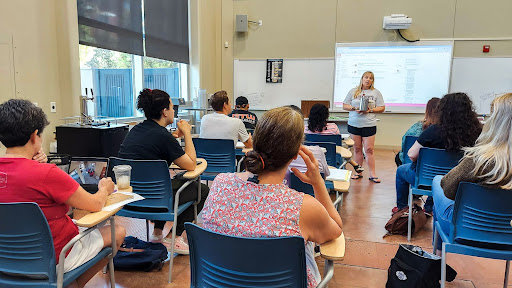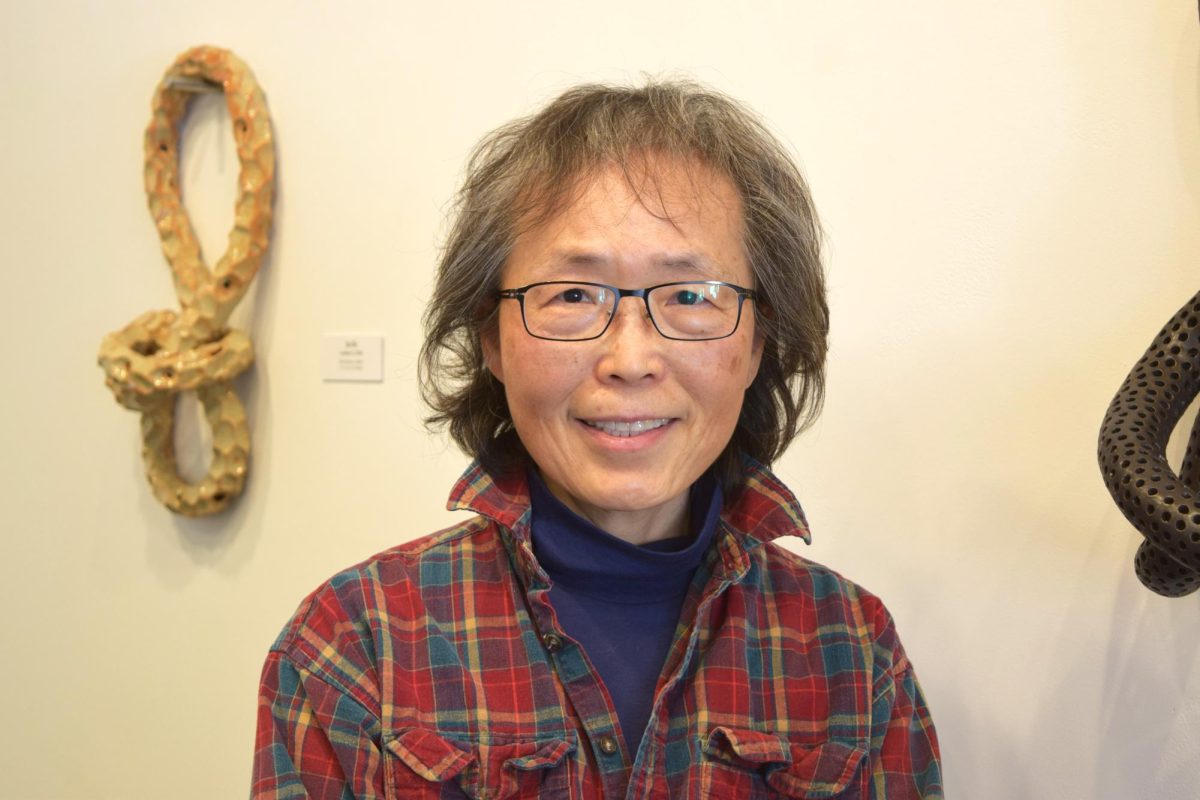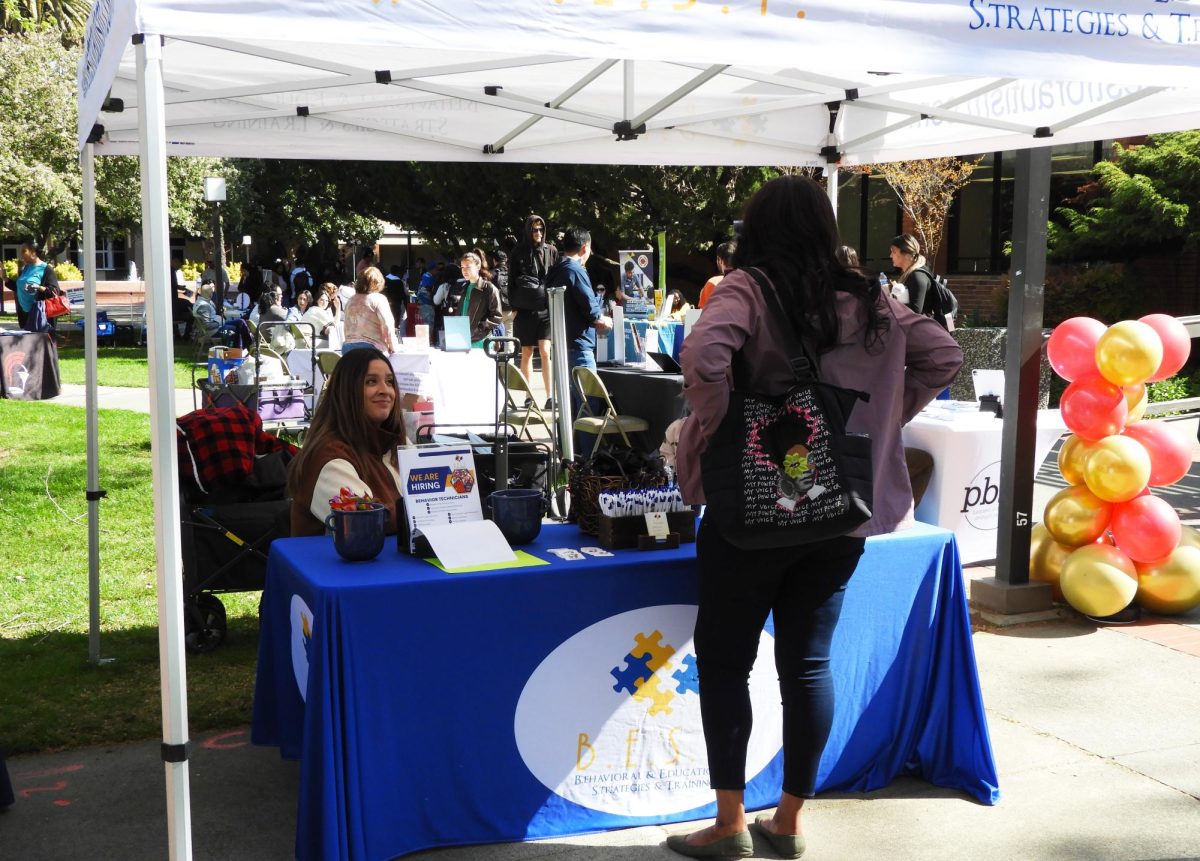Gov. Gavin Newsom approved a $2 billion student housing grant program as part of the 2021-2022 state budget package, but City College’s share is still in the planning stages, according to Dean of Campus Interventions Andre Coleman.
The issue of housing insecurity is widespread in the U.S., affecting countless students pursuing higher education. This disproportionately affects community college students, many of whom deal with housing concerns, and in more extreme cases, suffer from current or near homelessness. A 2021 memo for the California Legislature stated “1 in 5 students at California Community Colleges (CCC)” were reportedly “experiencing homelessness at some point during the academic year.”
According to the 2022-2023 budget report on Student Housing conducted by the Legislative Analyst’s Office (LAO), Newsom’s legislation states the purpose of this grant program is to provide “affordable, low-cost housing options for students enrolled in public postsecondary education in California.”
The LAO report, conducted by Jason Constantouros, a budget analyst, says that Newsom and the Legislature will be in charge of distributing the grants, which each CCC will apply to receive. The CCCs will share half of the $2 billion program total, the other half going to UC and CSU campuses, and each CCC has already received $110,000 to conduct “initial planning and feasibility studies.”
However, it remains unclear what City College’s share of the $1 billion pot would be.
Coleman detailed that for City College, the need for student housing has been a pressing yet complex concern and the grant is a necessary first step in meeting students’ needs. As the main overseer of student issues, Coleman is currently involved in working to explore City College’s student housing feasibility.
According to Coleman, plans for the grant are currently still in the proposal phase, where the first step on the agenda will be requesting funds to explore whether or not rental housing for students can be constructed.
“You look at campuses like CRC or even ARC, they have more undeveloped land and spaces where they can put a residence hall, so it’s far more feasible there,” said Coleman, referring to Cosumnes River College and American River College, both also in the Los Rios Community College District. He added that City College is much more challenging because, “we’re very much landlocked.”
Coleman posed the question, “Are we better suited to find something off campus?” He noted that a possible solution could be utilizing available apartment buildings within the community, off campus, as residence halls for students.
Besides the lack of land space, Coleman added other problems to the list: such as the logistics of housing arrangements, its lasting expenses, deciding to offer a meal plan and how to afford it, and determining the criteria for deciding which students will have access.
Coleman outlined some on campus programs that can assist students with issues beyond housing in the meantime, including those provided through the CityHub program. One such resource is the Basic Needs center, which offers many services, such as connecting students to CalFresh, a nutrition program helping students afford healthy foods, and conducting a course in financial literacy called “Money Matters.” He believes some of the more prevalent struggles students face concerning housing are complications with credit or security deposits, something he claims is an easier legislative fix, and is “one way to address some of the barriers students face.”
Ultimately, Coleman believes that the most impactful way to address the issue is as a broader effort by the community, to seek to understand student needs and collectively assist those who are struggling, while keeping in mind, “We can’t let great be the enemy of good.”
One of the resources offered by the Basic Needs center is the Housing Consultations and Support program, run by Case Manager Jose Napoles.
Since 2020, Napoles has been working with students at City College as well as ARC, and stated that his role is to connect students with different resources based on their individual housing needs, and to help students use them in the best way possible. According to Napoles, a big part of his job is encouraging them to talk through their experiences in a safe environment, and “creating less isolation and more visibility.”
Napoles believes that when it comes to finding solutions to the student housing crisis, “There is never going to be a cookie cutter model or way of approaching this to really solve it,” and said “the less that we strive for cookie cutter models, I think that we’ll find ourselves finding more creative ways of providing solutions.”
He urged that finding the core issues of student homelessness should come before offering solutions. To Napoles, one of these issues is a “sense of isolation” among students struggling with housing insecurity, and a sense of detachment from a community.
A big piece of addressing the issue according to Napoles is to make sure City College faculty and staff are supporting students, especially those experiencing housing insecurity. He hopes that “more faculty and staff reflect and understand that their words matter.”
Napoles acknowledged that opening up about one’s housing situation takes a lot of courage and vulnerability. He wants students to “embrace their vulnerability to share with us their experiences, that way then we’re better able to help them.” Although the Basic Needs office is still developing, Napoles stated that “this is a pivotal moment where students can engage, students can direct where the services should go.”
Napoles urged students to take advantage of the resources offered by the Basic Needs office, and said he welcomes students of any struggling with any level of housing insecurity. He wants to tell these students, “You have to come in. You have to put yourself out there, you have to advocate for yourself.”









